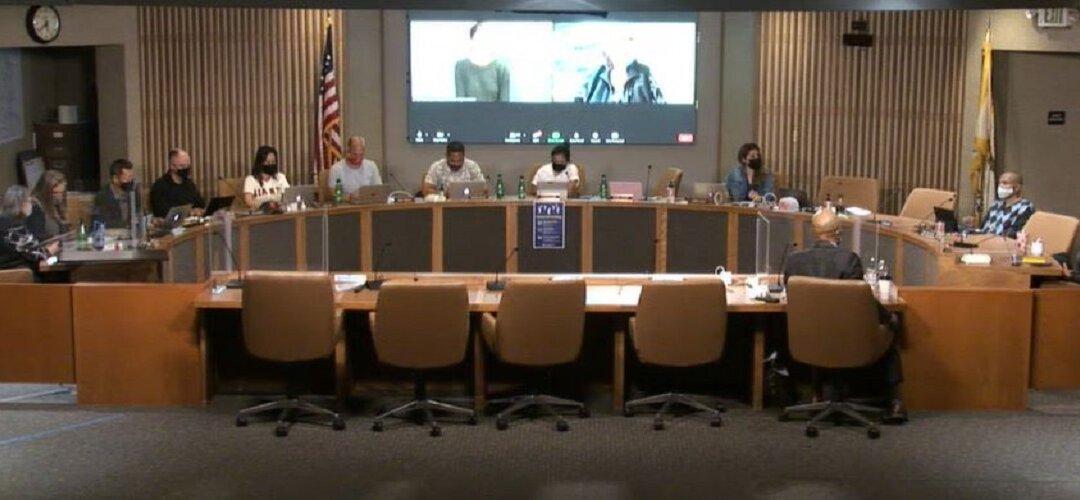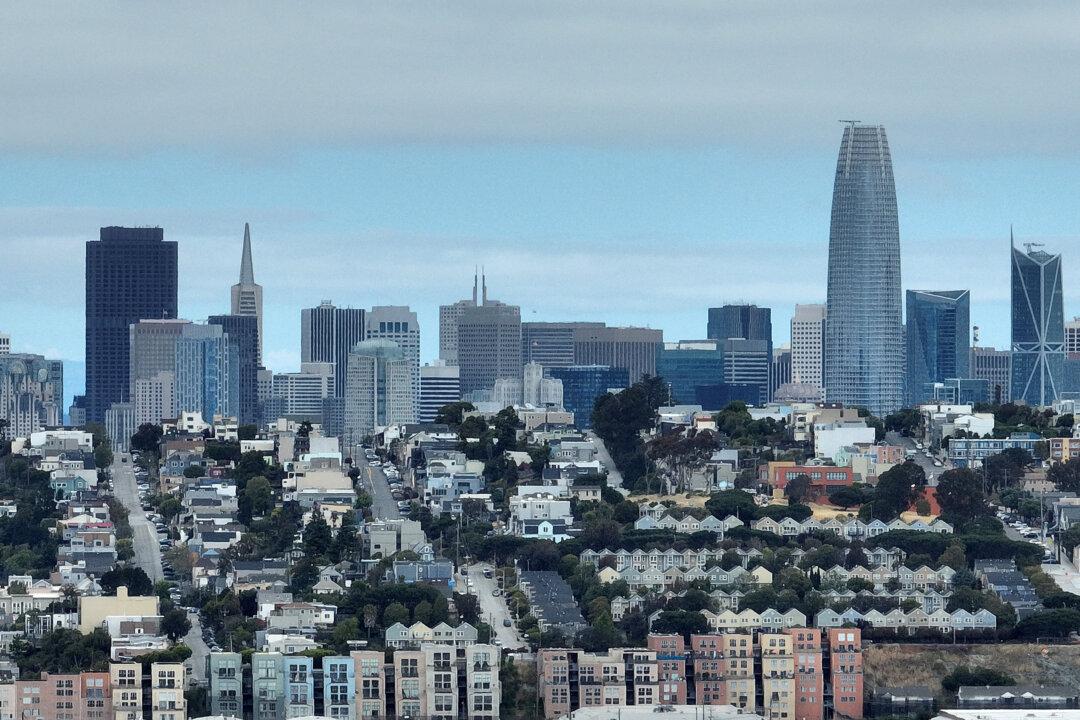Commentary
Recently, San Francisco celebrated the decisive victory of the school board recall election, which we predicted in our Feb. 8 column. Many commentators, activists, and establishment politicians believed this election couldn’t possibly be so clear-cut in a city like San Francisco, or they had dismissed the recall as a right-wing Republican effort.






